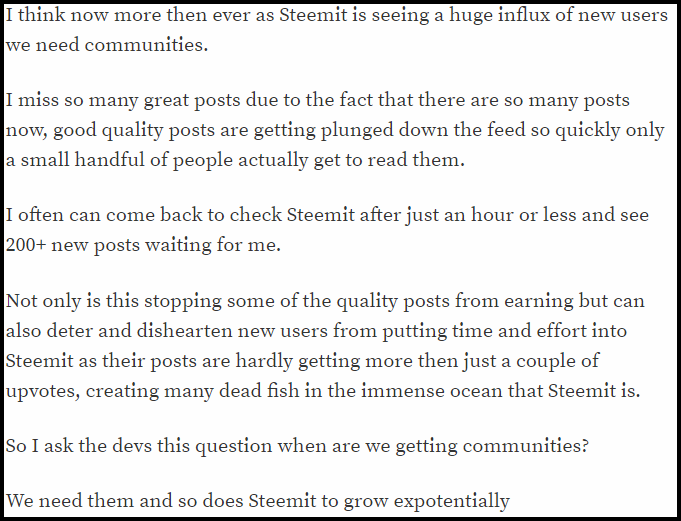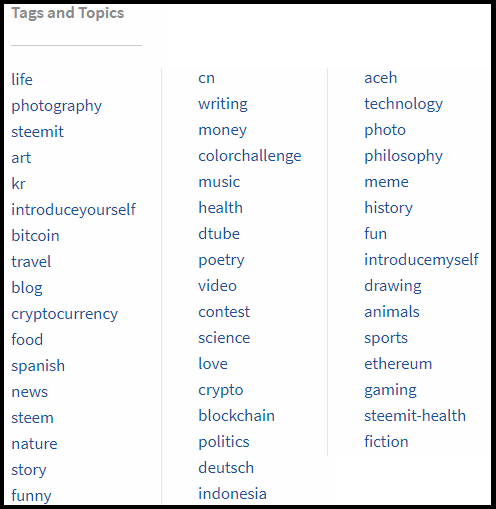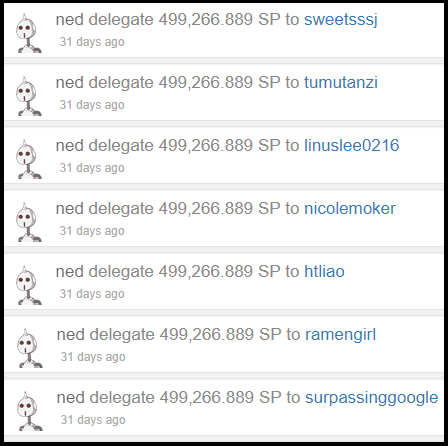Steemit Communities - The foundations are being set
Firstly, can I state that the contents of this blog are my thoughts, based on the information I've collected and read over the past few weeks, ideas, and speculations. While obvious to some, I just want to make clear this is not official Steemit.com works, and any attribute names/tags/information details may change in future. Right, lets begin...

Are these people Community leaders?
What is a Community? And why do we care on Steemit.com?
source
Something like:
- People living in the same place - speaking the same language (but not always)
- People sharing the same interests
Recent thoughts by Steemit members on communities:
A comment by @dwinblood in this post by @neoxian
@dwinblood speaks
The crux of this post by @alexrickard86

@alexrickard86 speaks
The Steemit Roadmap with regards to communities
We believe that high-quality content and communities of content producers and their audiences are the primary driver of growth of the steemit.com site.
To enable this, we intend to augment our current tag-based organizational structure for posts with a new system called “communities”, a special group into which others can post articles. Two types of communities will exist: communities into which anyone in the world can post (where community founders (or their delegated moderators) can decide, post-hoc, which posts to hide from view) or communities in which only community founders’ (or their delegated authors’) posts will appear.
Taken from the Steemit roadmap document
The problem set out to the developers
Currently, there is one large window into the Steem blockchain and that is the global namespace as shown on Steemit.com. This is not ideal because everyone effectively has to share a single sandbox while having different goals as to what they want to see and what they want to build.
We have a diverse set of sub-communities though they share a global tag namespace with no ownership and little ability to formally organize.
Taken from the Github community specification
This is clear when you look at the tag namespace:

popular tags and topics
I have a charitable cause I want to promote, who can i contact? (community leader/owner/admin)
How can i look for photography/poetry/music contests in English?
So now we know what a community is
How some of our users feel about the implementation of communities on Steemit
The Steemit road map with regards to communities
Some of the high level requirements laid out to the developers
How do we kick this off then? From the top!
On the 8th August @ned delegated almost 3.5 MILLION Steem Power to 7 Steemians.

Huge numbers! That is a lot of responsibility!
Why? Who are these guys?
Is this the first experiment in community Owners/Admins? My guess is yes......
The power users....
China / Hong Kong
Specialty tags: life, travel, cn
Specialty tags: cn, steemit, cryptocurrency
Specialty tags: travel, food, cryptocurrency, drawing, cn
Specialty tags: design, art, food, travel, culture, cn
Specialty tags: life, food, travel, culture, cn
Korea
Specialty tags: kr, culture, food, ramenskitchen
Philippines
Specialty tags: steemit, steemgigs, philippines
Why were they chosen?
There are some clues found in the comments by @surpassinggoogle on @paulag's excellent posts (cited below):
...most of my delegation goes into funding Steemit meetups, signups, and events
I am focusing on the Philippines and it is very much English-speaking here. I think the case here really has to do with need for growth - growing what's existing in this communities till it is self-sustaining.
For China for instance, from what i can perceive with busy.org and @sweetsssj. I know there can be factors e.g internet platforms like Facebook etc being censored there and stealthily bringing Steemit there works. Like busy.org creating platform similar to we-chat.
And also some more clues from the recent Steemit whitepaper released in August:
Subjective Proof of Work presents an alternative approach to distributing a currency that improves upon fully objective Proof of Work systems such as mining. The applications of a currency implementing subjective proof of work are far wider than any objective proof of work system because they can be applied to build a community around any concept that has a sufficiently defined purpose.
When individuals join a community they buy into a particular set of beliefs and can vote to reinforce the community values or purpose. In effect, the criteria by which work is evaluated is completely subjective and its definition lives outside the source code itself.
One community may wish to reward artists, another poets, and another comedians. Other communities may choose to reward charitable causes or help advance political agendas.
The value each currency achieves depends upon the demand for influence within a particular community and how large the market believes each community can get.
Unlike prior systems, subjective proof of work enables a community to collectively fund the development of whatever it finds valuable and enables the monetization of previously non monetizable time.
Taken from the Steemit August 2017 whitepaper
My thoughts
- These users excel in particular communities that Steemit (@ned) sees as strong growth areas
- They have been entrusted with Steem Power to grow their communities (and thus the platform)
- These users either live in, or have a language native to a strong growth area, plus a good level of English
I think this is the beginning of communities on steemit, whilst we wait for the interface to appear. @ned is clear on where he see's potential for the most growth, and has seemingly put his money on it being Asia.
This doesn't mean that we wont all benefit from communities greatly. I cannot wait to find my #sfpl community owner @acidyo, his admin @arsenal49, and all the community members involved in the competition this year..... in a nice big list with performable actions!
Over to you!
What do you think about the delegation of 3.5 million Steem Power by @ned?
Looking forward to Communities?
Anything else to add? Cheers!
Special thanks to:
@paulag for the effort she put into these detailed posts:
@cryptoctopus for finding information on github and presenting it in this post
Thanks for reading a longer post than usual today!
Have a good weekend, Asher (now heading out for a beverage!)

